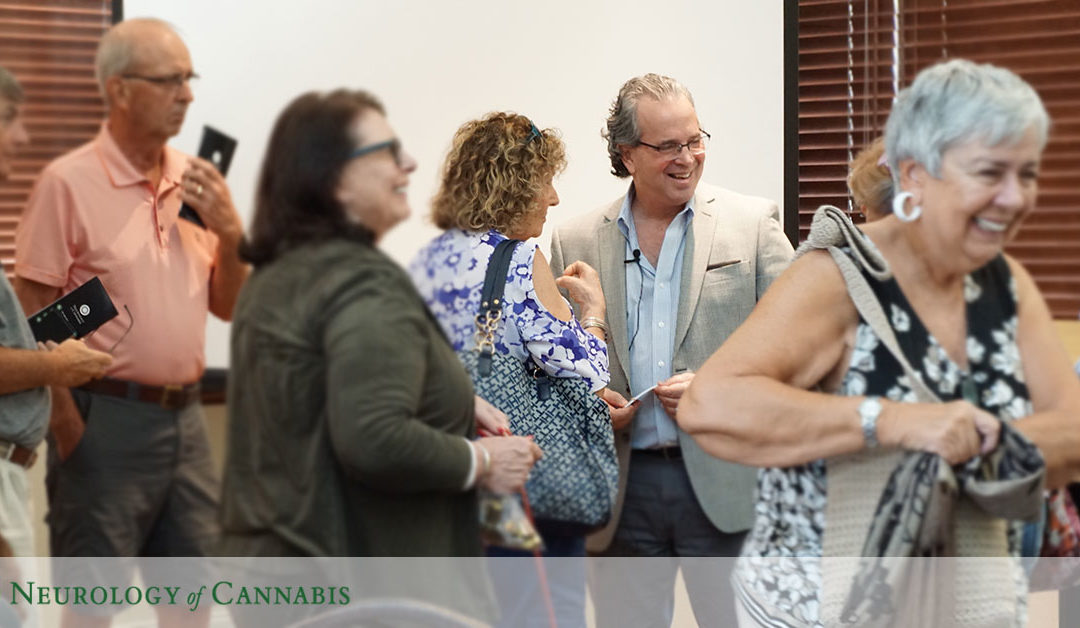It is no surprise that there has been an uptick in telemedicine or tele-health due to the coronavirus. Even after medical offices have re-opened with restrictions, many patients still feel more comfortable staying home if that is an option. This appears to be particularly true of those who are dealing with serious diseases. Another trend is the increased popularity of medical cannabis, as their usual treatment methods may be compromised.
In a recent article in Crx magazine, Mikhail Kogan, MD, medical director for the George Washington University Center for Integrative Medicine in Washington, D.C. added to the discussion. “People are having a hard time getting some of their medications or might not have the same access to their physicians,” he explains, “but they are still in pain. They are still experiencing side effects from cancer treatments or surgeries, and they are still looking for solutions. Naturally, we’re seeing an increased demand in cannabis.”
Telehealth Taking Hold Permanently?
Telemedicine consists of remote diagnosis and patient treatment, usually over a video conference application. At the beginning of this crisis, Florida agreed to allow medical cannabis physicians to provide telehealth services to their patients alongside more traditional physicians. As the growing number of COVID cases continues to present challenges for those with medical conditions, Florida has twice extended the provision for telehealth services for the treatment. Many experts feel it is time to make this a standard in the industry, saying that office visits should no longer be considered necessary given the available technology.
The only hurdle seen by doctors is the transference of licenses and medical documentation, but these are issues quickly resolved. The lack of a physical exam is not seen as a hurdle in the medical cannabis realm. Leslie Mendoza Temple, MD, medical director for the Integrative Medicine Program at NorthShore University HealthSystem weighs in by stating, “What’s more important (than an in-person consultation) is a good documented history of pain medications, injections, surgical procedures, and courses of physical therapy.”
Of course, professionals agree that seeing a patient in person is the gold standard of treatment. However, they also see that telehealth can provide high-quality health care in this particular realm. Patients can experience shorter wait times for appointments, doctors can be more efficient, and a face-to-face rapport can still be established.
Cannabis Fills the Void
This epidemic has made some patients more anxious, and this can aggravate stress and even pain levels. But with conventional treatments such as physical therapy, acupuncture, massage, and chiropractic care becoming less accessible, utilizing telehealth to obtain medical cannabis has been increasingly attractive. Many who may not have considered cannabis before have decided that now is the time to explore the treatment options.
One sticking point? Telehealth opens up the possibility of doctors crossing state lines to virtually “see” patients. If doctors are not licensed in the state where the patient resides, it could cause problems. To alleviate this issue entirely, Florida residents can simply contact an in-state medical cannabis physician for their cannabis consultation and recommendation.
Dr. Daniel P. Stein is a Sarasota physician dedicated to the field of medical cannabis. If you have been considering medical cannabis or are looking to get a medical marijuana card but don’t know where to begin, call Neurology of Cannabis at 941-200-3412. Our mission is to improve the quality of life for all Floridians through the responsible use of medical cannabis – through this crisis and beyond.

